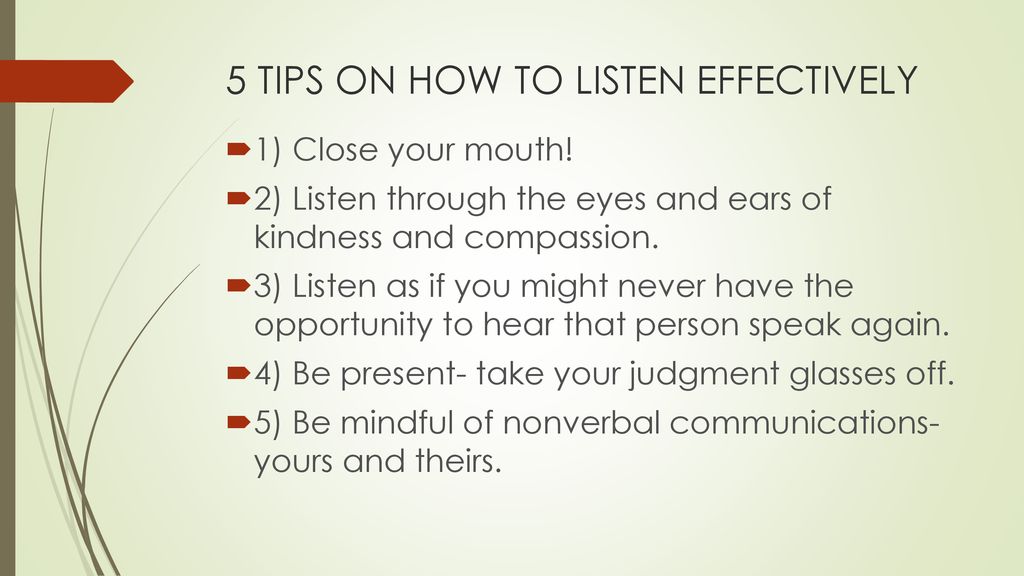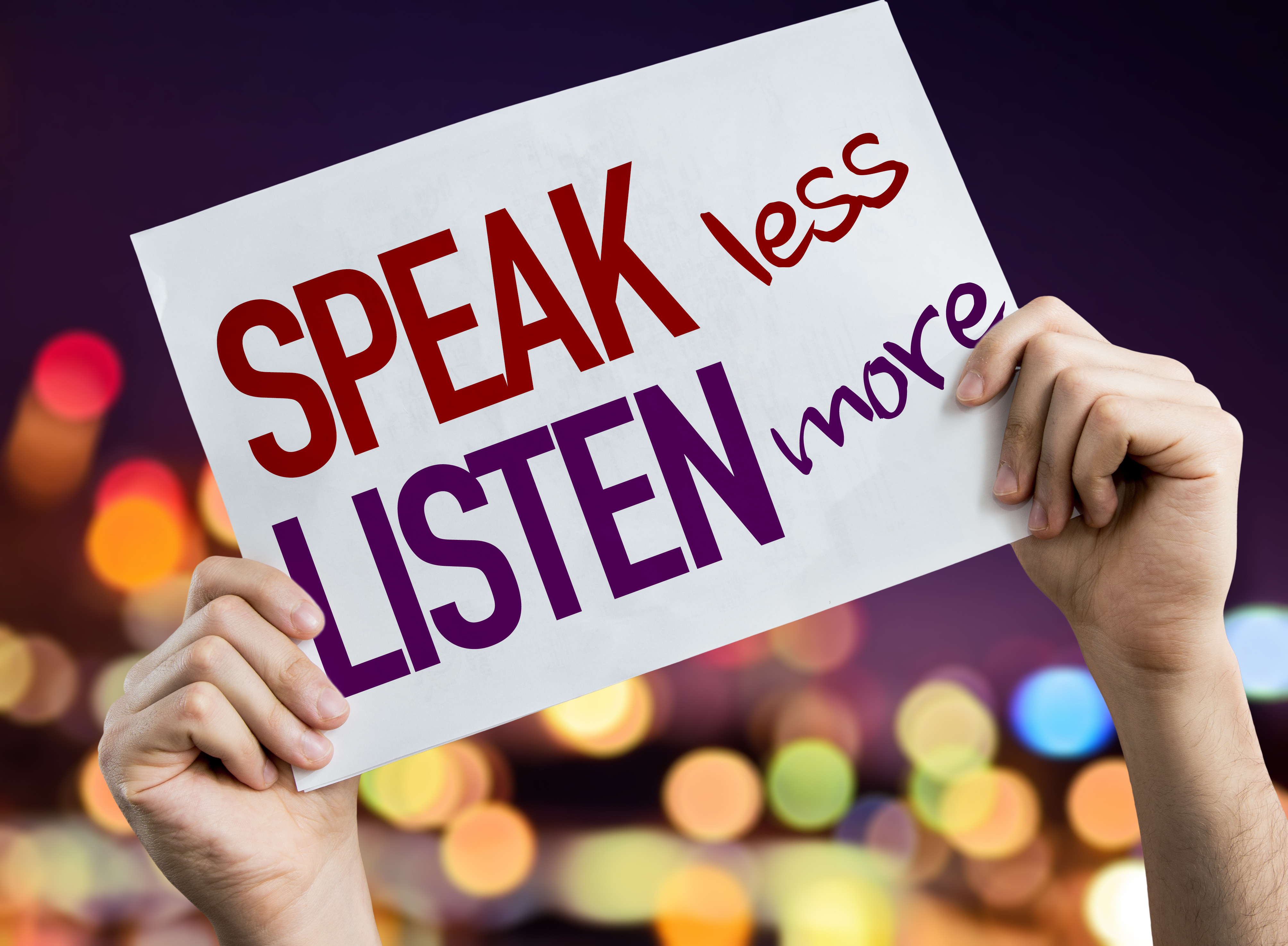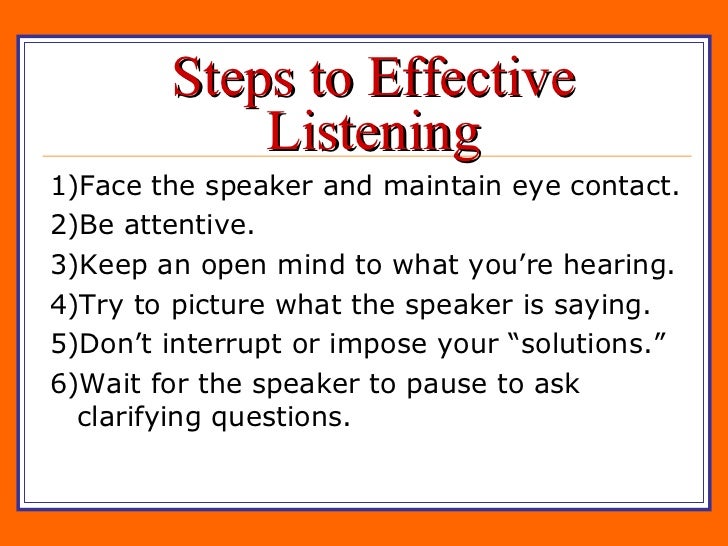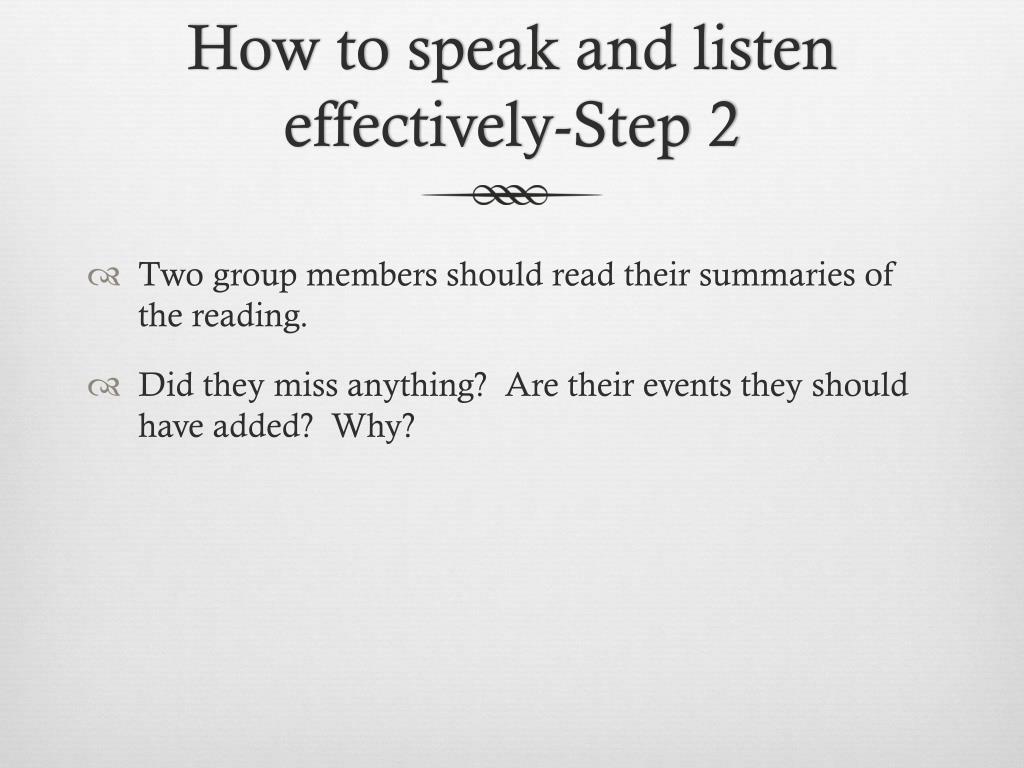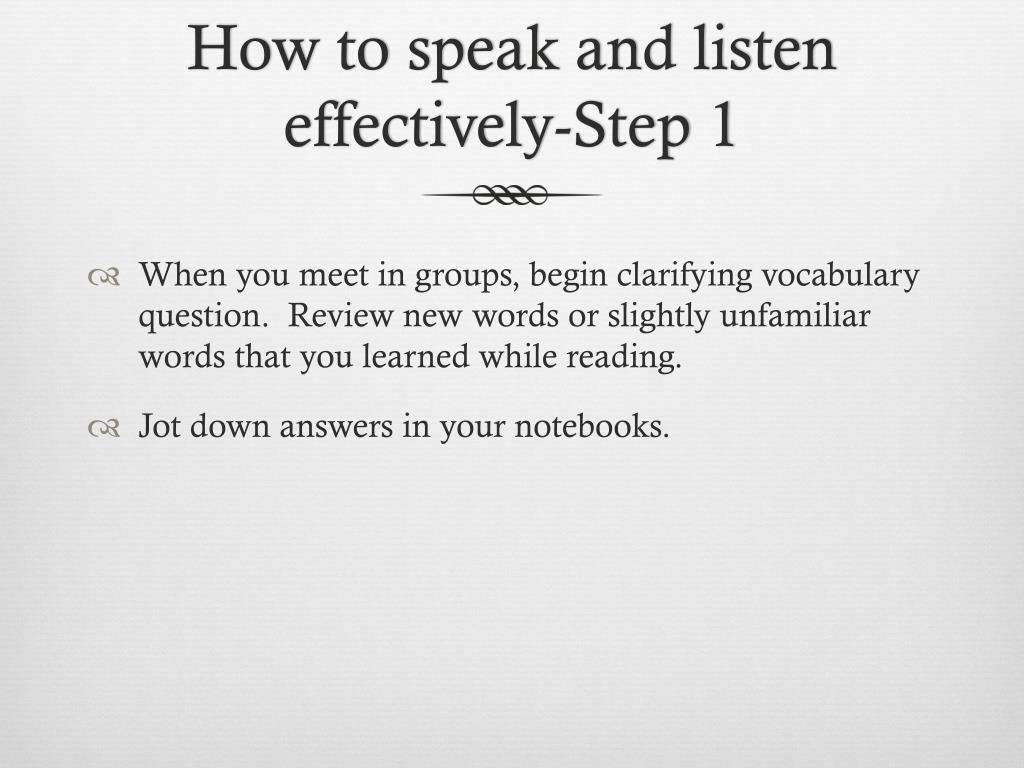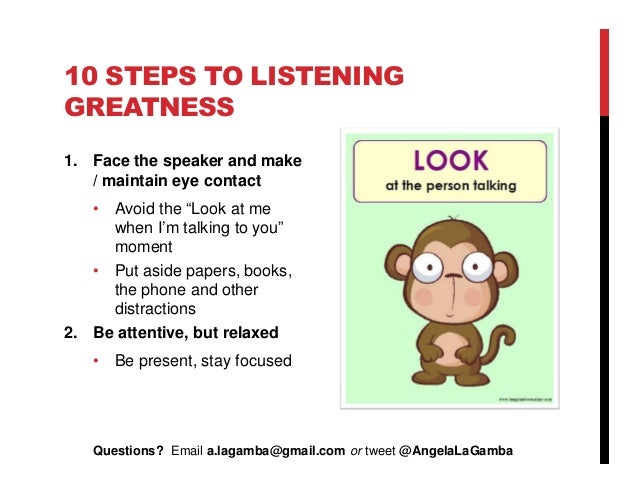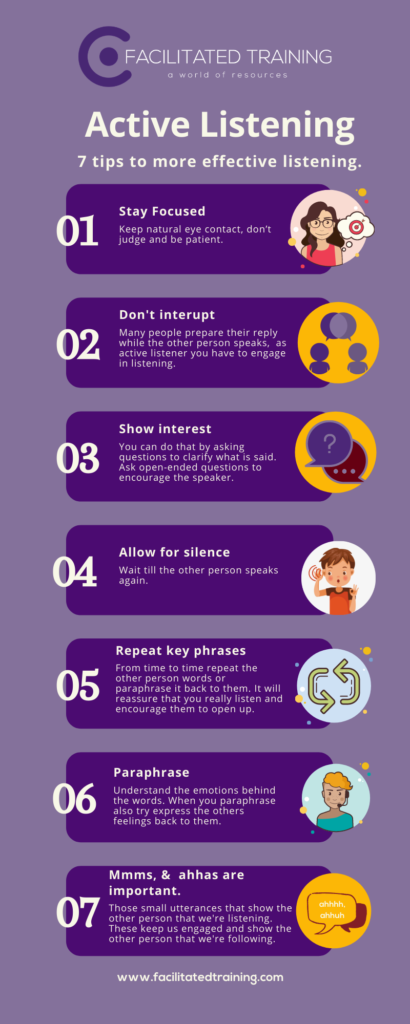How To Speak And Listen Effectively

Communication breakdowns are costing businesses billions and straining personal relationships. Mastering effective speaking and listening is no longer a luxury, it's a necessity for success.
This article provides immediate, actionable strategies for improving your communication skills, covering verbal clarity, active listening techniques, and strategies for handling difficult conversations.
Speak with Clarity and Confidence
Clarity is paramount. Avoid jargon and use simple, direct language. Studies show audiences retain information better when it's presented concisely.
Structure your thoughts before you speak. An outline, even a mental one, prevents rambling and ensures your message is coherent. Data from a 2023 Harvard Business Review study indicated that structured communication increases comprehension by 40%.
Project confidence through your voice and body language. Maintain eye contact, stand or sit tall, and speak at a moderate pace. A trembling voice or shifty eyes can undermine even the strongest arguments.
Master the Art of Active Listening
Listening isn't just about hearing; it's about understanding. Practice active listening: pay attention, show that you're listening, provide feedback, defer judgment, and respond appropriately.
Use nonverbal cues to show engagement. Nodding, maintaining eye contact, and leaning in signal that you're actively absorbing the speaker's message. According to a 2022 study by the University of California, Berkeley, nonverbal cues account for 55% of communication impact.
Summarize and paraphrase to confirm your understanding. Rephrasing the speaker's points demonstrates that you're listening and allows for clarification. For example, "So, if I understand correctly, you're saying..."
Resist the urge to interrupt. Let the speaker finish their thought before interjecting with your own. Interrupting conveys disrespect and hinders effective communication.
Navigate Difficult Conversations
Difficult conversations are inevitable. Prepare beforehand by identifying your goals and anticipating the other person's perspective. Empathy is key; try to understand their viewpoint, even if you disagree.
Choose your words carefully. Avoid accusatory language ("You always...") and focus on specific behaviors or outcomes. Using "I" statements ("I feel...") can de-escalate tensions and promote a more collaborative dialogue.
Stay calm and manage your emotions. If you feel yourself becoming angry or defensive, take a break. A brief pause can prevent a situation from spiraling out of control.
Focus on finding solutions, not assigning blame. Aim for a mutually agreeable outcome that addresses the concerns of all parties involved. Mediation techniques can prove invaluable in resolving complex conflicts.
Empathy is very important when facing a difficult conversation. Research published in the Journal of Social Psychology found that empathy significantly improves conflict resolution outcomes.
Ongoing Improvement and Resources
Effective communication is a continuous process. Seek feedback from trusted colleagues and friends to identify areas for improvement. Consider joining a public speaking group or taking a communication workshop.
Numerous online resources are available, including articles, videos, and interactive courses. Explore websites like Toastmasters International and the Center for Creative Leadership for valuable tools and insights.
Prioritize practicing and applying these skills in your daily interactions. Consistent effort is the key to transforming your communication from adequate to exceptional. Practice is the key to improvement.

